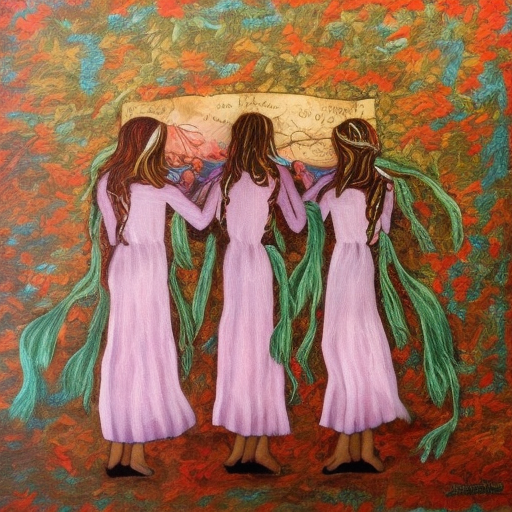Summary of “Little Women” by Greta Gerwig
One-line Summary:
“Little Women,” directed by Greta Gerwig, is a heartfelt and captivating adaptation of Louisa May Alcott’s beloved novel, exploring the lives of the March sisters as they navigate love, ambition, and the constraints of society in 19th-century America.
Main Cast and Crew:
- Director: Greta Gerwig
- Writer: Greta Gerwig
- Main Cast:
- Saoirse Ronan as Jo March
- Emma Watson as Meg March
- Florence Pugh as Amy March
- Eliza Scanlen as Beth March
- Timothée Chalamet as Theodore “Laurie” Laurence
- Laura Dern as Marmee March
- Meryl Streep as Aunt March
- Music Director: Alexandre Desplat
- Director of Photography: Yorick Le Saux
- Producers: Amy Pascal, Denise Di Novi, Robin Swicord
Plot:
Set in Concord, Massachusetts, during the Civil War, “Little Women” follows the lives of the four March sisters: Jo, Meg, Amy, and Beth. Jo, an aspiring writer, is headstrong and independent, while Meg dreams of a traditional life. Amy, the youngest, is artistic and ambitious, and Beth is gentle and kind-hearted.
The film weaves between the sisters’ present lives and their memories of childhood. Jo, determined to become a successful writer, moves to New York City, leaving behind her family and her close bond with Laurie, their neighbor. Meg marries John Brooke, a poor tutor, and starts a family. Amy, after a trip to Europe, becomes involved with Laurie, causing tension between the sisters. Meanwhile, Beth’s health deteriorates, and she eventually passes away.
As the story unfolds, the film explores themes of love, sacrifice, and the pursuit of dreams. It delves into the societal expectations placed on women during that era and the sisters’ struggle to find their own paths while staying true to themselves. The film also highlights the importance of family bonds and the enduring power of sisterhood.
Themes and Motifs:
“Little Women” explores themes of female empowerment, the limitations imposed by society, and the value of self-expression. It challenges traditional gender roles and emphasizes the importance of pursuing one’s passions and dreams. The film also examines the complexities of love and relationships, showcasing the different paths the sisters take in their pursuit of happiness.
Motifs such as the passage of time, the changing seasons, and the use of parallel narratives further enhance the film’s exploration of growth, loss, and the cyclical nature of life.
Reception and Legacy:
“Little Women” received critical acclaim upon its release, with praise for Greta Gerwig’s direction, the performances of the cast, and the film’s faithfulness to the source material. It was nominated for six Academy Awards, including Best Picture, and won the Oscar for Best Costume Design.
The film’s legacy lies in its ability to resonate with audiences across generations. It continues to be celebrated for its portrayal of strong, independent female characters and its timeless exploration of love, family, and the pursuit of dreams.
Recommendation:
“Little Women” is a must-watch film that beautifully captures the essence of Louisa May Alcott’s novel. Greta Gerwig’s direction brings a fresh perspective to the story, and the performances by the talented cast are exceptional. Whether you are a fan of the book or new to the story, this adaptation will leave you inspired and moved.
Memorable Quote:
“I want to be great or nothing.” – Jo March












